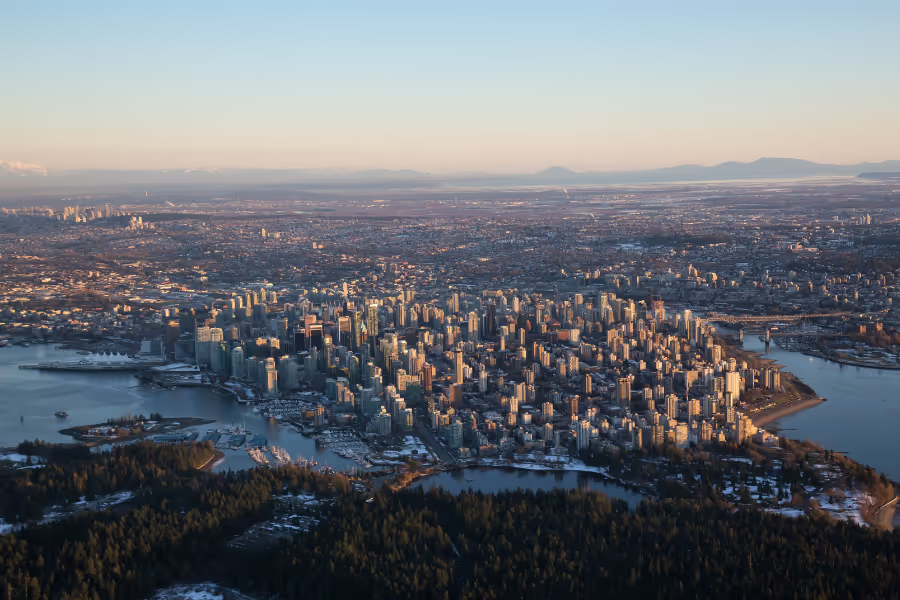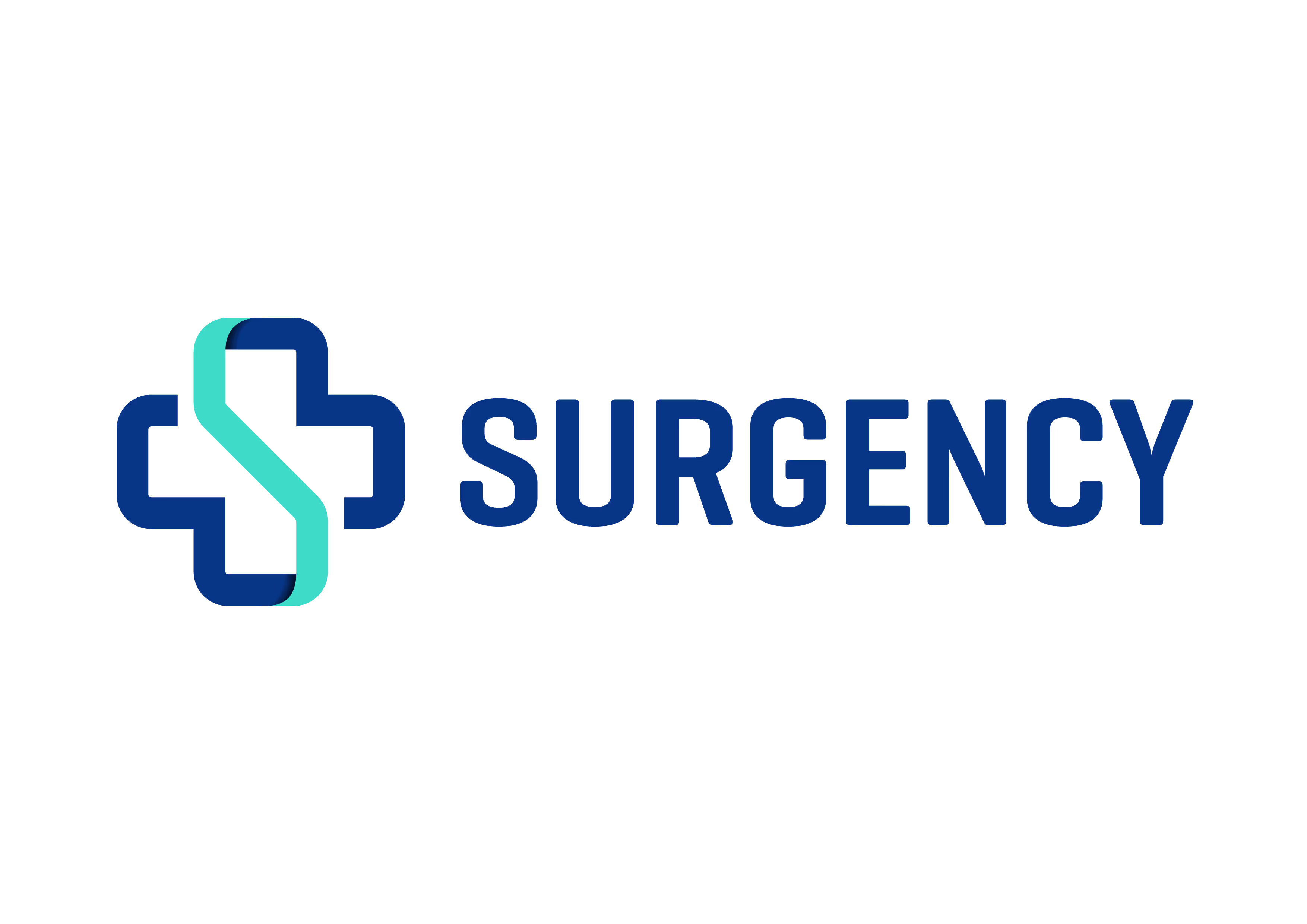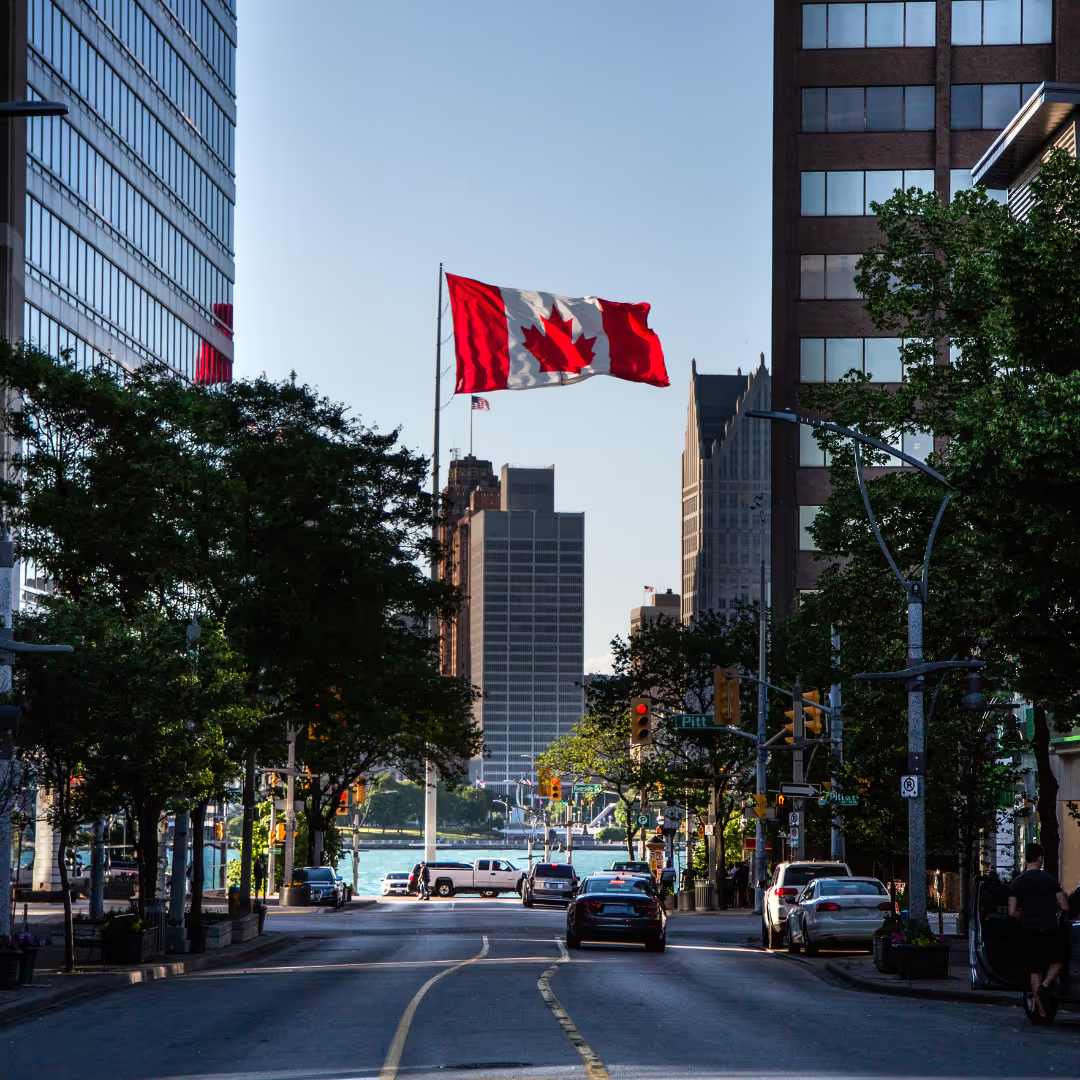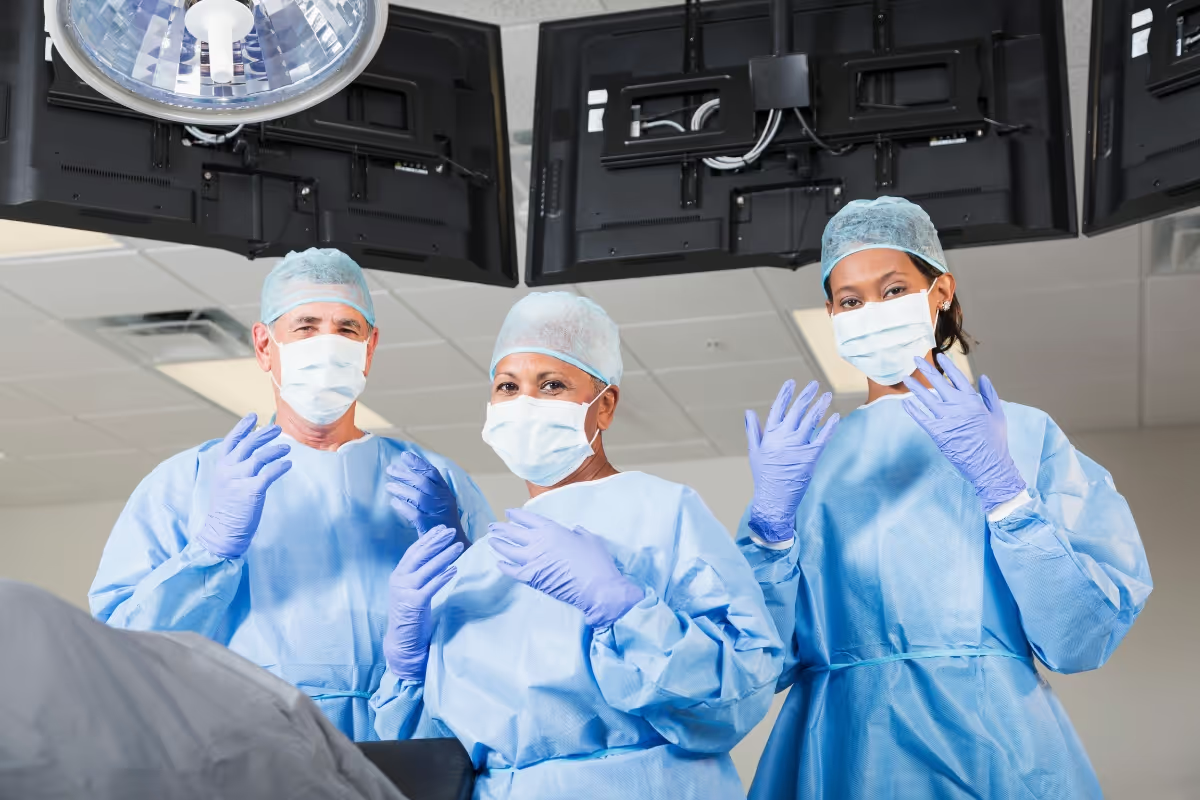To be clear: it is perfectly legal to seek private surgery in Canada, but, for Ontarians, you cannot do so within Ontario because of the current regulatory framework.
Why Ontarians must travel for private surgery in Canada
It's a quirk of Canada's private healthcare system that patients must generally travel out-of-province for surgery. For Ontario specifically, if the surgery is something OHIP normally covers (like a knee replacement or hernia repair), you cannot pay a clinic in Ontario to do it privately.
In other provinces, doctors have the option to opt out of the public healthcare system, and can see patients within province, but that is not the case in Ontario.
You can still pay privately in Ontario for things that OHIP doesn’t cover (mostly cosmetic or optional procedures).
How do people in Ontario get private surgery?
They travel. Ontarians fly or drive to another province (or country) where private-pay for that specific surgery is allowed.
For a more in depth breakdown on how private surgery works in Canada, read here.
Crucial considerations when travelling for surgery
When deciding where to go, there are three main things to consider: surgeon expertise, support, and aftercare.
Surgeon expertise
One of the benefits of private surgery is that you can choose your surgeon. I recommend booking several consults with surgeons who specialize in your surgery (consults cost $150 - $350 each, but it's worth it to explore your options and feel good about your choice).
In your research and consultations, look for:
- Credentials: FRCSC (Fellow of the Royal College of Physicians and Surgeons of Canada) in the correct specialty for your surgery. For complex or highly specialized procedures, ask about 1–2 year fellowships (e.g., arthroplasty, sports medicine, spine, rhinology, bariatric).
- Experience with your exact procedure: Ask for annual volume in the last 12 months and lifetime numbers. Higher volume in your specific surgery is generally linked to better outcomes.
- Outcomes and safety: Request their infection, reoperation, and readmission rates for your procedure, and how those compare to benchmarks. Confirm hospital privileges and a written emergency transfer plan from the clinic.
- Facility quality: Ensure the surgical site is accredited, anesthesia is delivered by Royal College–certified anesthesiologists.
- Fit for your case: Share your medical history, imaging, and goals. Ask how your comorbidities (e.g., diabetes, cardiac history, anticoagulants) change risk and the plan.
Support (family, friends, hired)
The right surgeon can make a less convenient destination worth it, but the another important thing to keep in mind is somewhere you’ll have reliable help for the first few days or week.
Depending on the surgery, you may need substantial help immediately post-surgery to manage meals, meds, mobility, wound care basics, and transport to follow-ups—crucial for older adults or anyone with limited mobility.
- Who can help:
- Family or friends in the destination city: Often the top factor when choosing between provinces.
- Hired support: Short-term caregivers, private nursing, or medical escorts. Ask the clinic for vetted local options and typical costs.
- Plan the first 3–7 days:
- Stay close to the clinic with family or friends or an accessible hotel (elevator, walk-in shower, grab bars if possible).
- Pre-arrange transport (airport-hotel-clinic), groceries, and any equipment (walker, raised toilet seat, shower chair).
- Share the after-hours phone number and red-flag list with your support person.
- Documentation and coordination:
- Ask the clinic to send operative notes and medication changes to your Ontario family doctor.
- Keep a simple care plan for your helper (med times, activity limits, warning signs, who to call).

Aftercare considerations
Travel and recovery logistics can be as important as the surgery itself.
- Flying after surgery:
- Major surgeries (eg. knee replacements, hip replacement) and abdominal procedures (eg. hernia repair, gallbladder removal) often require several days before flying.
- Eye procedures (e.g., cataract) may allow earlier travel but protect the eye and follow drop schedules.
- Driving after surgery:
- Do not drive while taking sedating pain meds. Only resume when you can perform an emergency stop safely. Upper-limb surgeries (eg. hand and wrist arthroscopy, rotator cuff repair) typically require you to be out of the immobilizer with functional control.
- Follow-ups:
- Clarify which visits can be virtual once you’re back in Ontario and how urgent issues are triaged after hours.
- Line up local physiotherapy or rehab if needed and get a written protocol from the surgeon.
- Home setup:
- Prepare sleeping arrangements (main-floor bed if possible), clear pathways, good lighting, and bathroom aids (grab bars, raised seat, shower chair).
- Arrange help for the first week: meals, laundry, pet care, pharmacy runs.
- Costs and documentation:
- Expect separate fees for surgeon, facility, anesthesia, devices, diagnostics, plus travel and lodging.
- Keep itemized receipts and travel logs; many patients can claim eligible, non-reimbursed expenses under the Medical Expense Tax Credit (METC) if criteria are met. Confirm current rules when filing.
Where should you go for surgery in Canada?
Québec
Québec is a logical choice for many Ontarians because of proximity. Many major cities (such as Toronto, Mississauga, Hamilton) are a train ride away from Montréal. If you're in Ottawa or Kingston, then Montréal and Sherbrooke are short drives away.

Depending on how major your surgery, this commute could be a critical consideration. Taking the train or getting a ride with a friend or family member can be much more desirable commutes than flying.
Québec also has the most extensive private surgical system in the country because of its looser regulatory and legal framework that's enabled private healthcare growth alongside the public system. Unlike other provinces, Québec allows physicians to choose to participate in the public or private systems, or offer both.
A common concern is the language barrier. In Québec, French is required of surgeons, English is not. That said, this won't present a problem for someone desiring English care. Private surgeons and clinics who cater to patients out of province generally have rigorous standards around language proficiency, and you'll be able to determine for yourself on your consult with the surgeon.

Alberta
Alberta appeals to Ontarians seeking private surgery due to mature independent surgical facilities in Calgary and Edmonton. Outside of Québec, Alberta has the most extensive private healthcare system—some 20% of surgeries are done privately.
Surgery in Alberta will require a ~4-5 hour flight (it's a 33-40 hour drive, which isn't ideal even in top health), with the benefit of several direct flight options. The roads in Calgary and Edmonton are wide and relatively uncongested, which makes commuting around the city less of a hassle.
British Columbia
The furthest option—at least a 5 hour flight to Vancouver or Kamloops—British Columbia may make sense for you because it has one of the highest concentrations of specialist surgeons in the country.

A note on other provinces
Manitoba and Saskatchewan are perfectly good options too depending on your surgery, but the pool of specialists is substantially smaller. The Maritimes and Territories have limited to no private practice for medically necessary surgeries.
Conclusion
For Ontarians, faster private surgery means traveling out of province. Make your choice for where to go based on surgeon expertise, support available, and aftercare considerations. There are lots of great options available, but depend on your situation.
If you would like to explore private surgeons in Canada, check out the Surgency app to browse based on location and specialty.




